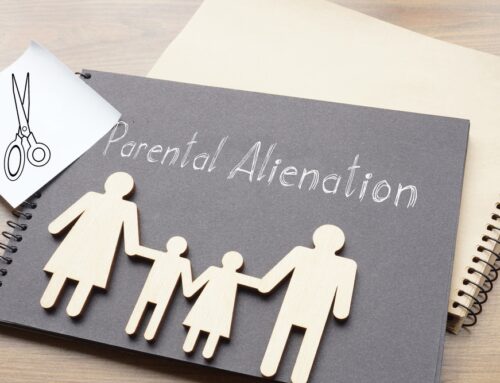When a couple separates and there are children involved, it can be a difficult time for all parties. But it is often more publicised what rights a mother has, and it isn’t made clear what rights the father has too.
Going through a divorce or a separation, dividing up your assets, property and finances can seem a lot easier than figuring out the arrangement that should be put in place for the children. Sometimes things just don’t pan out the way you expect them to, and this can often lead to a less than amicable relationship with an ex-partner. But it is still important to know what rights each parent has.
To help make this clearer, here’s everything you need to know about fathers’ rights…
Parental Responsibility
A father’s rights massively depends on whether he has Parental Responsibility for the child. This is basically a legal status that gives father’s the right to decide what happens to the child, including giving consent to any medical treatment, choosing their school, name, religion and deciding how they should be brought up. The main role is to provide a home, whilst protecting and maintaining the children.
Parental Responsibility can be gained by either being on the child’s birth certificate or by being married to the mother of the child. There are, however, ways to acquire Parental Responsibility if you apply through the Court for an Order granting it, or by entering an agreement with the mother.
Making Arrangements For Your Children
A father has just as much right as a mother, which means that with Parental Responsibility you can apply for a Child Arrangements Order if an agreement cannot be made with the mother. It’s important to note you can use mediation to help make an agreement, as much as it isn’t a legally binding agreement, it can help to smooth out any issues and put the interest of the children at the forefront.
A Court Order is a legal way to help get contact between a father and his children. Often mediation is the first step to determine whether an agreement can be made mutually with the mother. If this doesn’t happen, it will then be passed to the Court to which a solicitor should be appointed to help ensure all documentation is correct.
The Court will consider all aspects of the case including the commitment to your child, the attachment you have with your child and the reasons for applying for the order. The main focus is always about what is best for any children involved and the relationship that has already been built.
Advice From The Experts…
If the Court has decided what they think is best for the child, and the level of contact you’ve been given isn’t what you were hoping for, we can help. If it’s in the child’s best interest, you have the right to see them. There are various options to consider including joint residence or sole residence. If you need any advice or support during what we know is a stressful time, get in touch with our expert team today…




